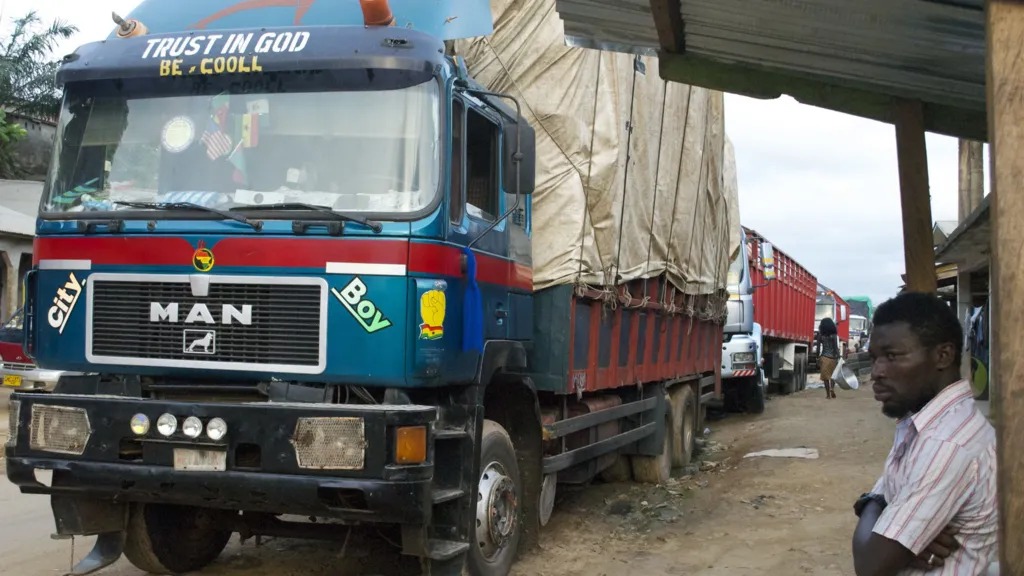
West Africa’s Superhighway: A Path to Prosperity and Unity?
As West Africa grapples with political challenges, a bold infrastructure project offers hope for regional integration and economic growth. The planned 1,028km superhighway, connecting Abidjan in Ivory Coast to Lagos, Nigeria, could become a symbol of unity and progress for the Ecowas bloc.
However, with Mali, Burkina Faso, and Niger recently withdrawing from the 15-member group, can this ambitious transport corridor also serve a political purpose?
The Vision Behind the Superhighway
The superhighway project, approved in 2015, seeks to strengthen economic ties across West Africa’s bustling coastal corridor. Key features include:
- Route: Connecting major cities such as Abidjan, Accra, Lomé, Cotonou, and Lagos.
- Economic Benefits: Estimated to create 70,000 jobs during construction and boost trade by linking urban hubs and ports.
- Future Expansion: Plans for a railway line alongside the highway to further enhance connectivity.
A Timely Boost for Ecowas
The project’s unveiling aligns with a crucial moment for Ecowas, following the military coups in Mali, Burkina Faso, and Niger since 2020. These nations, representing 76 million people and vast Saharan land, have withdrawn from the bloc, citing tensions over governance rules.
With traditional diplomacy and sanctions failing to restore civilian rule, the superhighway offers an alternative approach:
- Economic Growth: Enhanced trade and infrastructure could entice the breakaway states to rejoin.
- Political Stability: Prosperity may encourage reforms, similar to how the EU’s economic success drew in former communist states.
Economic Integration Already Underway
West Africa’s economic interdependence is undeniable:
- Trade Flows: Coastal cities rely on livestock, onions, and potatoes from landlocked Sahel nations, while exporting manufactured goods in return.
- Labour Migration: Millions of workers from Mali and Burkina Faso support Ivory Coast’s cocoa industry.
- Single Currency: Despite political tensions, Mali, Niger, and Burkina Faso remain part of the CFA franc, maintaining monetary stability.
Challenges and Opportunities
The superhighway project symbolizes hope but faces significant hurdles:
- Funding: A pledged $15.6bn must be managed efficiently to ensure timely delivery.
- Political Will: Coastal nations must deepen cooperation to achieve seamless trade and governance.
- Rival Alternatives: Morocco’s proposed trade corridor to Atlantic ports could compete for Sahelian partnerships.
Yet, if Ecowas nations succeed in pruning trade barriers and advancing integration, the highway could serve as a beacon of regional unity.
Conclusion: A Path Forward for West Africa
The West African superhighway is more than an infrastructure project—it represents a vision for a prosperous and unified region. By fostering economic growth and demonstrating the benefits of cooperation, Ecowas may eventually mend its fractured membership and restore its role as Africa’s most cohesive regional bloc.
Call to Action
What do you think about the potential of the West African superhighway? Share your thoughts in the comments below!
Internal Link: Learn about other transformative projects in West Africa on Kenkou Land.
External Link: Learn more about this story on the BBC.



